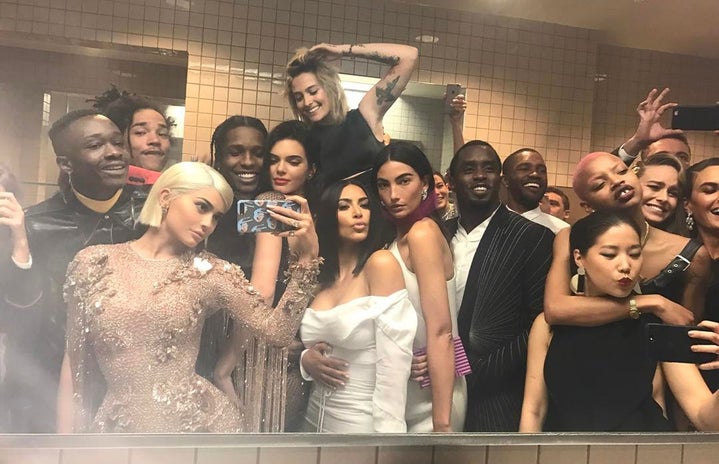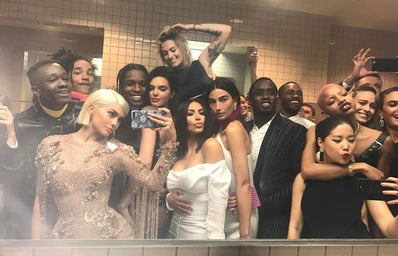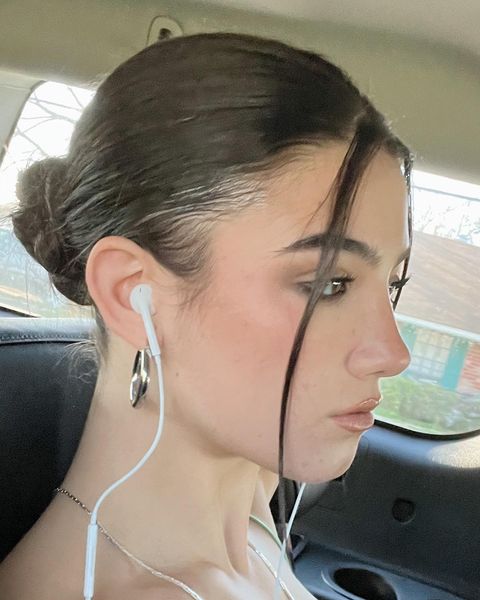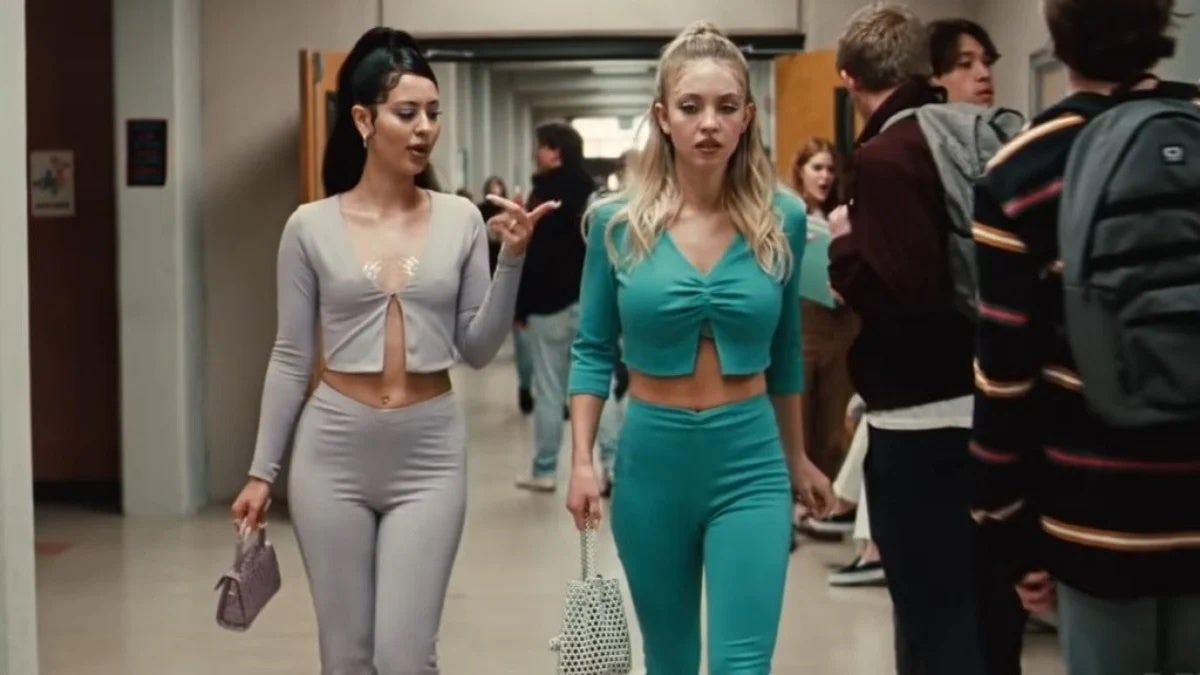Trigger warning: eating disorders, body image, dieting, fatphobia
Ah, TikTok. The go-to app when we need a good laugh or easy entertainment. TikTok allows us to connect to users from all around the world, which gives us the opportunity to learn from and teach each other about anything and everything. You name it, TikTok has it.
It’s a blessing and a curse.
Food and fashion are hot topics on TikTok, and understandably so. We all love fresh recipe inspo and a “get ready with me” vlog. While neither type of content is inherently harmful, it can be if not executed correctly. Both can promote eating disorders, distort body image, and perpetuate stigmas associated with health and diet.
TikTok has rules and regulations that attempt to prevent inappropriate content from being shared, but it also has an algorithm. The algorithm boosts posts at random, so the spread of content isn’t entirely controlled. This, coupled with the app’s loosely enforced age restriction, means young, impressionable minds are being subjected to harmful ideology. They may even copy the unhealthy behaviors surrounding eating patterns or body checking they see on TikTok.
Those who body check exhibit obsessive thoughts and actions centered around their appearance. They may look at themselves in the mirror or weigh themselves frequently.
Body checking is rampant on TikTok, often disguised as an “outfit check.” There’s a clear difference between the two, though. When body checking, a creator will typically focus the camera on their abdomen, turn to the side, and adjust their clothes to hide or reveal certain parts of their body. An outfit check showcases the outfit, not the body.
The intention behind the check is also relevant. Someone with a smaller body who posts their OOTD may be accused of body checking when they simply wanted to share their style. It’s common for TikTok commenters to project their insecurities onto creators, especially when it comes to appearance.
I wasn’t hungry anyway.
Considering the app’s contribution to eating disorder culture, this comes as no surprise.
A body check may also be passed off as an outfit check to avoid backlash. User @becamichie on TikTok responded to a comment in a since-deleted viral video that called her out for body checking. The video was captioned, “can we stop referring to ‘skinny’ people doing normal things as ‘body checking’?”
The majority of her content, that video included, consists of her showing her body at different angles. She claims she’s showing her outfits.
Eating disorder culture on TikTok doesn’t end with body checking. It presents itself in a plethora of trends which include appearance-altering filters, “What I Eat in a Day” videos, and popular sounds such as “My Name is Bella Hadid.” These trends make out disordered eating to be relatable, so it’s difficult to recognize it as just that: a disorder.
Although TikTok is a major contributor to it, the ‘thin is in’ mindset is nothing new. Eating disorders are practically advertised. The low-rise Y2K fashion styles and detox diets that have been around for decades are making a comeback. Even our favorite childhood TV shows mocked and stereotyped people who were overweight.
This idealization of thin bodies, as well as the unattainable beauty standards that women specifically are held to, are both rooted in fatphobia. We’re expected to prioritize appearance above all else, even if it means risking our health to do so — which is extremely dangerous because after all, our health is our most valuable attribute.
There are countless markets that prey on women’s insecurities to make a bag. I mean, skincare is fun and all, but who needs that many layers of that many products? Don’t even get me started on Flat Tummy Tea.
That being said, you can still enjoy food and fashion content to your heart’s content. The key is the way this content is curated. Think critically about the content you’re consuming. Follow creators with the qualifications to talk about such topics, because they’re more likely to be fair and factual, rather than triggering.
So the next time you’re scrolling through your TikTok FYP and come across a body check, tap the handy button that lets the algorithm know you’re not interested.
Can’t get enough of HC UMass Amherst? Be sure to follow us on Instagram, listen to us on Spotify, like us on Facebook, and read our latest Tweets!




